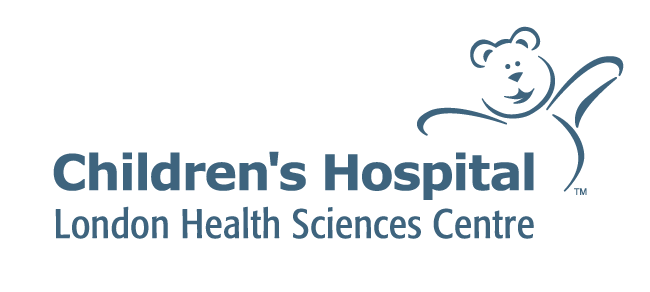What is Tuberous Sclerosis Complex (TSC)?
- It is a genetic disease that affects around 1 million people all over the world.
- It causes tumors to form in different organs, including the brain, eyes, heart, kidneys, skin and lungs.
Why do patients get diagnosed with TSC?
- The disease may be inherited from a parent with TSC or may be the result of a spontaneous genetic abnormality.
- TSC is caused by the presence of a mutation in the TSC1 or TSC2 gene.
- When they are defective, cell growth is not adequately controlled and TSC results.
Signs and Symptoms of TSC:
Brain:
- Multiple manifestations can occur in the brain of an individual with TSC.
- Among others, we generally find epilepsy, cognitive and behavioral disorders, attention deficit hyperactivity disorder and autism spectrum disorder.
Kidney:
- The majority (over 80%) of individuals with TSC will develop kidney damage during their lifetime.
- These attacks become more common during adolescence and adulthood.
- Regular imaging is essential to assess the condition of the kidneys.
Skin:
- There may be light colored spots, called hypomelanotic macules, and bumps on the skin of several different types (angiofibromas, cephalic fibrous plaques, shagreen patches, and ungual fibromas).
What do we do?
- Through multi-disciplinary clinic, we aim to deliver coordinated care model to patients with TSC.
Tuberous Sclerosis Complex (TSC) Clinic Team members:
- Maryam Nouri, MD FRCPC
- Joanne Grimmer, MD FRCPC
- Maha Saleh, MD FRCPC
- Shayna Zelcer, MD FRCPC
- Michelle Kregel, NP
- Amanda Quann, Clinic Nurse
- Chantal Douglas, Administrator
- Email: Chantal.douglas@lhsc.on.ca



